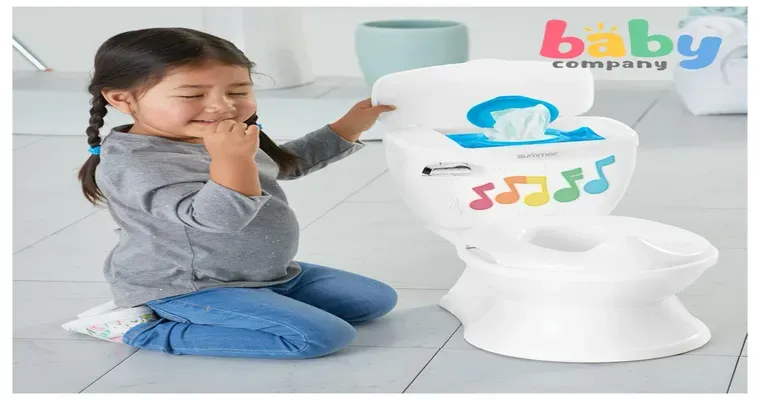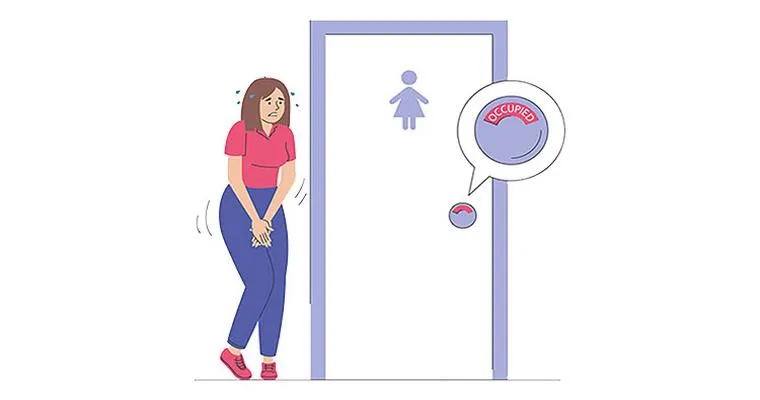Potty chair dependence refers to the reliance on a "potty chair" for successful "toilet training" among young children. While many parents view potty chairs as a helpful tool for transitioning from diapers to using the toilet, there can be potential drawbacks to this dependence. Understanding the implications of potty chair dependence is crucial for parents seeking effective toilet training strategies.
When children become accustomed to using a potty chair, they may develop a psychological attachment that can hinder their ability to transition to a standard toilet. This dependence often manifests as anxiety or reluctance to use the regular toilet, especially in public restrooms. Parents should aim to strike a balance between using a potty chair and encouraging their child to use the toilet to promote "independence" and confidence.
One of the key advantages of using a potty chair is that it allows toddlers to feel more secure and comfortable during the toilet training process. The smaller size of a potty chair can provide a sense of safety, making it easier for children to relax and focus on the task at hand. However, relying solely on this tool can limit their exposure to the actual toilet, which is essential for building the skills necessary for successful bathroom habits.
To mitigate potty chair dependence, parents can adopt several strategies. Gradually introducing the toilet while still using the potty chair can help ease the transition. For example, encouraging your child to sit on the toilet after using the potty chair can create a natural progression. Additionally, using positive reinforcement, such as praise or rewards, can motivate children to embrace the toilet as their primary method for bathroom needs.
Another aspect to consider is the timing of toilet training. Starting too early can lead to increased dependency on the potty chair. Each child is unique, and it is important for parents to recognize when their child shows readiness for toilet training. Signs of readiness can include staying dry for longer periods, showing interest in adult bathroom habits, and expressing discomfort with dirty diapers.
In conclusion, while a potty chair can be a useful tool for toilet training, it is essential for parents to be mindful of the potential for potty chair dependence. By gradually transitioning to a regular toilet and recognizing the signs of readiness, parents can foster a positive toilet training experience. Ultimately, the goal is to help children develop confidence and independence in their bathroom habits, setting the stage for lifelong success.





